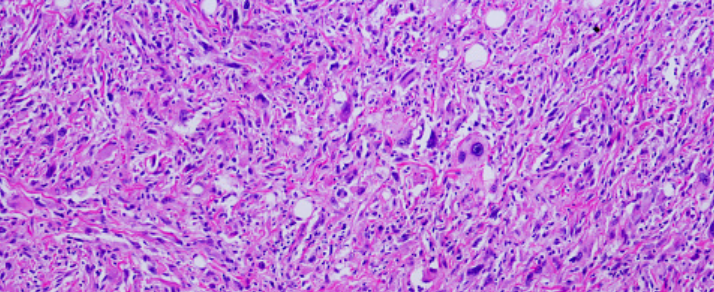Photo Credit: JP Image
The following is a summary of “Spesolimab Reduces Inflammation in Generalized Pustular Psoriasis: Molecular Characterization of Flare Treatment in EFFISAYIL 1,” published in the March 2025 issue of Journal of Investigative Dermatology by Farag et al.
Researchers conducted a retrospective study to assess the effectiveness of spesolimab, an anti–IL-36 receptor antibody, in individuals experiencing a generalized pustular psoriasis (GPP) flare.
They analyzed histologic, transcriptomic, and proteomic data from lesional and nonlesional skin and whole-blood samples collected in EFFISAYIL 1. Spesolimab treatment resulted in a shift toward a nonlesional profile, reducing gene expression of IL-36 transcripts (IL36α, IL36β, IL36γ), neutrophil recruitment markers (CXCL1, CXCL6, CXCL8), proinflammatory cytokines (IL6, IL19, IL20), and skin inflammation markers (DEFB4A, S100A7, S100A8).
The results showed that changes appeared at week 1 and persisted until week 8. At the systemic level, declines in serum biomarkers of inflammation, including IL-17, IL-8, and IL-6, remained until week 12 after spesolimab treatment. A notable overlap was observed in spesolimab-induced alterations in gene and protein expressions from skin and blood samples, highlighting the molecular basis of spesolimab’s role in controlling local and systemic inflammation.
Investigators concluded that spesolimab’s inhibition of the IL-36 pathway effectively lowered pathological events related to GPP flares, confirming its proposed mechanism of action.
Source: jidonline.org/article/S0022-202X(24)01888-8/fulltext













Create Post
Twitter/X Preview
Logout